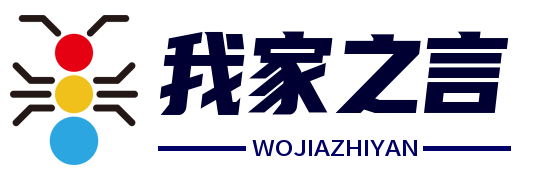Ladies and gentlemen, esteemed colleagues, and fellow tech enthusiasts, I stand before you today to discuss a topic that is as timely as it is critical: the problems brought about by the relentless march of technology. As a tech expert, I have witnessed firsthand the transformative power of technology, but I have also seen its dark side. Today, I will explore the challenges that technology presents and how we might navigate this complex landscape.
Firstly, let's acknowledge the elephant in the room: the digital divide. While technology has the potential to democratize access to information and resources, it has also created a gap between those who have access to the latest tech and those who do not. This divide is not just about economic status; it's about education, geography, and even age. The digital divide exacerbates existing inequalities and can lead to social isolation for those left behind.
Secondly, privacy concerns are at an all-time high. With the advent of smart devices, social media, and data-driven marketing, our personal information is more exposed than ever. The recent data breaches and misuse of personal data by tech giants have raised serious questions about the ethics of data collection and the need for robust privacy protections. As we become more reliant on technology, we must also become more vigilant about safeguarding our digital identities.
Thirdly, the impact of technology on mental health is a growing concern. The constant connectivity and the pressure to be "always on" can lead to increased stress, anxiety, and even depression. Social media platforms, while connecting us with friends and family, can also foster feelings of inadequacy and loneliness. It's crucial that we recognize the importance of digital well-being and promote healthy tech habits.
Moreover, the rise of automation and artificial intelligence poses a threat to employment. While these technologies can increase efficiency and productivity, they also have the potential to displace workers, leading to job losses and economic disruption. It's essential that we consider the human cost of technological progress and work towards creating a future where technology complements human labor rather than replaces it.
Environmental concerns are another significant issue. The production and disposal of electronic devices contribute to pollution and resource depletion. The demand for energy to power our digital lives is also substantial, leading to increased carbon emissions. As stewards of the planet, we must find ways to make technology more sustainable and environmentally friendly.
Lastly, the rapid pace of technological change can lead to a loss of control. As technology evolves, it can sometimes outpace our ability to understand, regulate, or even ethically consider its implications. This can result in unintended consequences and a sense of helplessness in the face of technological forces beyond our control.
In conclusion, technology is indeed a double-edged sword. It offers us unprecedented opportunities for growth, connection, and innovation, but it also presents significant challenges that we must address. As we move forward, it is imperative that we approach technology with a critical eye, balancing its benefits with the need to protect our privacy, mental health, employment, environment, and sense of control.
We must advocate for policies that ensure equitable access to technology, promote digital literacy, and protect our personal data. We should also invest in research and development that prioritizes sustainability and ethical considerations. By doing so, we can harness the power of technology to improve our lives while mitigating its potential harms.
Let us not be passive consumers of technology; let us be active participants in shaping its future. Together, we can ensure that technology serves as a force for good, enhancing our world rather than detracting from it. Thank you.







